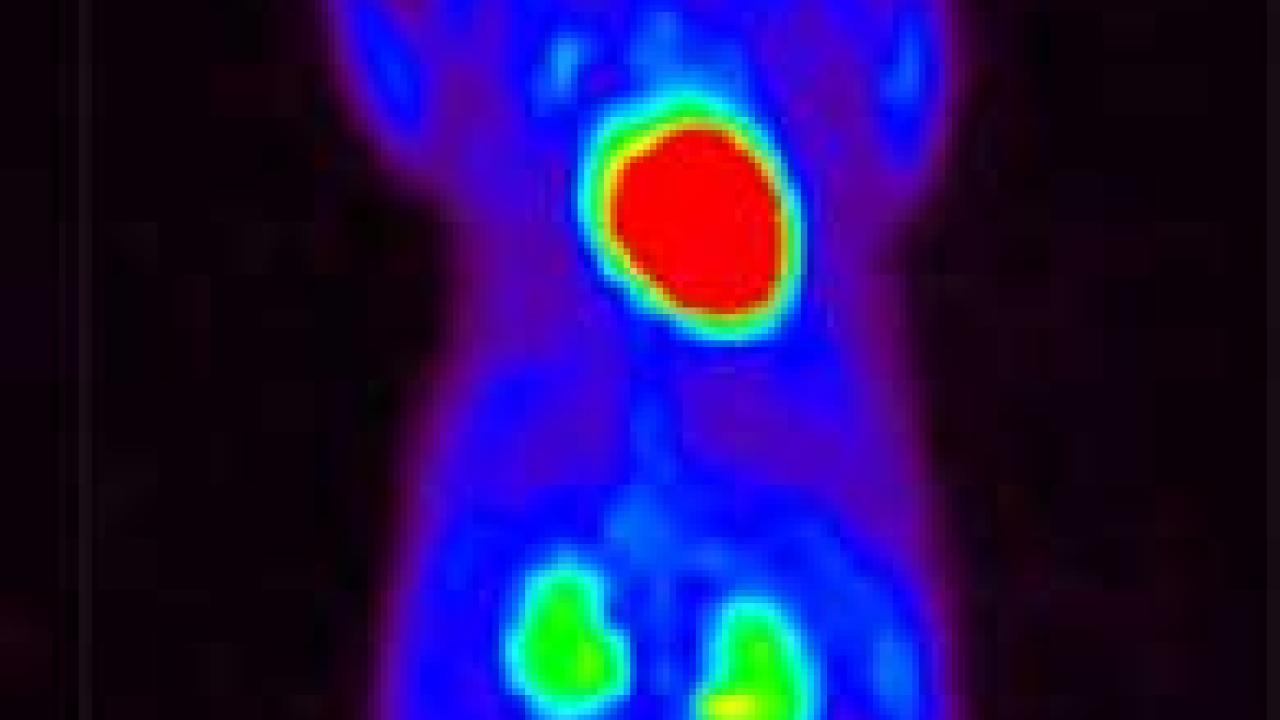A consortium of U.S. and Canadian health science partners, including the University of California, Davis, has been awarded $34 million in grants by the National Institutes of Health to support creation of mouse models of such human diseases as cancer, obesity, diabetes and heart disease.
The new five-year cooperative agreement funds the second phase of the Knockout Mouse Project — or KOMP — first funded by the NIH in 2006. Knockout mice are genetically customized mice that have individual genes turned off or “knocked out,” or have a gene ramped up, to make them either more prone or more resistant to specific diseases.
“In this consortium, we have assembled world experts in mouse stem cell biology, genetics, breeding, and phenotypic analysis who are dedicated to ensuring the successful outcome of KOMP2, on time and on budget,” said Kent Lloyd, director of the UC Davis Mouse Biology Program and principal investigator and director of the newly funded project. Lloyd is also a professor of anatomy, physiology and cell biology at the UC Davis School of Veterinary Medicine, and serves as the school’s associate dean for research.
The consortium includes UC Davis, the Toronto Centre for Phenogenomics, the Children’s Hospital Oakland Research Institute in Oakland, Calif., and Charles River Laboratories International Inc., based in Wilmington, Mass.
“We are very pleased to have this opportunity to support the effort to develop better models of human disease, which could lead to new therapies for patients with unmet medical needs,” said Iva Morse, corporate vice president for genetically engineered model services at Charles River.
Other leaders in the consortium include Colin McKerlie, director of research partnerships for the Toronto Centre for Phenogenomics, and David West, research scientist at Children’s Hospital Oakland Research Institute.
Global initiative to create better disease models
KOMP2 is part of a global initiative to create a repository of knockout mouse lines and phenotype data, which researchers can use to develop better models of human diseases such as cancer, heart disease, neurological disorders, diabetes and obesity.
Phenotype refers to an organism’s physical characteristics, while genotype refers to an organism’s coded, inheritable information.
The goal of the first phase of the global initiative — known as KOMP1 — was to create a mutation in embryonic stem cells for each of the approximately 21,000 protein-coding genes in the mouse genome, which would allow researchers to determine the role of each gene in normal physiology and development. KOMP1 successfully completed work on 8,500 genes, and work on the majority of the remaining genes will be completed by scientists in Europe and Canada.
In KOMP2, 2,500 of the mouse embryonic stem cells created in the first phase will be used to establish and breed mouse colonies, which will then be phenotyped. The mouse lines and phenotype data will be accessible to researchers around the globe.
Media Resources
Pat Bailey, Research news (emphasis: agricultural and nutritional sciences, and veterinary medicine), 530-219-9640, pjbailey@ucdavis.edu
Amy Cianciaruso, Charles River Laboratories Public Relations, (781) 222-6190, amy.cianciaruso@crl.com
Matet Nebres, Toronto Centre for Phenogenomics Media Relations, (416) 813-7654 , matet.nebres@sickkids.ca
Cynthia Chiarappa, Children's Hospital Oakland Research Institute Communications, chiarappa@mail.cho.org
